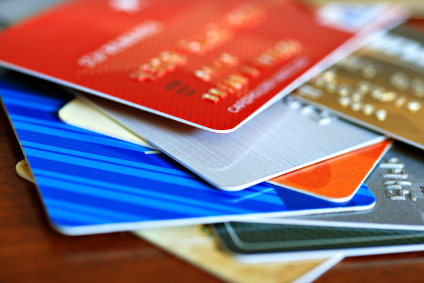As bankruptcy lawyers we often get asked the question “Do I Have to List All My Debts In My Bankruptcy?”. Some of the reasons that people have indicated for keeping a particular credit card or debt include:
- For Emergencies-They would like to have a line of credit or credit card that they can use in case their car breaks down or their house needs a major repair.
- Good Relationship with Creditor-They have a good rapport with a particular creditor and have been a faithful customer. They do not want to include them given their past good customer relationship with the creditor.
- Build Credit In the Future-They want to have an available a credit card that they can utilize to reestablish their credit after the filing of their bankruptcy case.
- Effect on Co-signer or Co-debtor– They are concerned how including the debt with affect the co-debtor or cosigner on the debt.
- Continue to Receive Services-They are concerned that the doctor or service provider will no longer be willing to treat them because they have been included in a bankruptcy.
These reasons are all understandable, but bankruptcy lawyers have no say on whether your account will remain open or will be closed. If there is a balance outstanding at the time of filing then your lawyer must list the debt in your bankruptcy. The attorney is required to list all debts owed and cannot pick and choose which credit cards or debts will be included in the bankruptcy. The decision on whether the account remains open or is closed is up to the creditor and not up to your attorney. How Credit Cards Decide Whether to Close An Account? Credit Card companies do reviews of your account periodically in which they will examine your debt amounts, bankruptcy filing, and other creditworthiness factors. Based on this review they will reduce your credit limits or close your account. You can generally assume that most credit card and lines of credit will be closed upon the filing of your bankruptcy. In certain cases some credit companies may allow you to keep the account open even after filing. This is rare, but I have seen this occur in the past. How To Handle Issues with Listing All Of Your Debts? The concerns with listing all your debts in your bankruptcy in most cases can be addressed by a competent bankruptcy lawyer who can explain different options for resolving these issues. Below we address some of these issues:
- Obtaining New Credit Card– First most people who file for bankruptcy are able to relatively quickly obtain another credit card after filing. There are credit card companies who offer credit cards to people who do not have great credit. Although the interest rates may not be as favorable, this can help you reestablish your credit and address concerns with potential emergencies in the future.
- Co-Debtor or Co-Signer Effect-Generally for that debt, the co-debtor or co-signer will have a note that states that the debt was included in bankruptcy. This should not adversely affect their credit score. Keep in mind that the co-debtor or co-signer will still remains liable for the debt even if the debt is discharged in your case.
- Agreement with Service Provider– Generally you can discuss your situation with a service provider and come to an agreement as to future services. They may require that you provide a deposit or that you pay for the services up front in order to receive services through them. You may also choose to voluntarily repay the service provider after the filing of your bankruptcy case. Nothing in the law stops you from voluntarily repaying any creditor.
Although you are required to list all the debts in your bankruptcy, this does not mean that you do not have options for resolving your concerns. Talk to an experienced bankruptcy attorney who can help you address your concerns about listing all of your debts in a bankruptcy.

